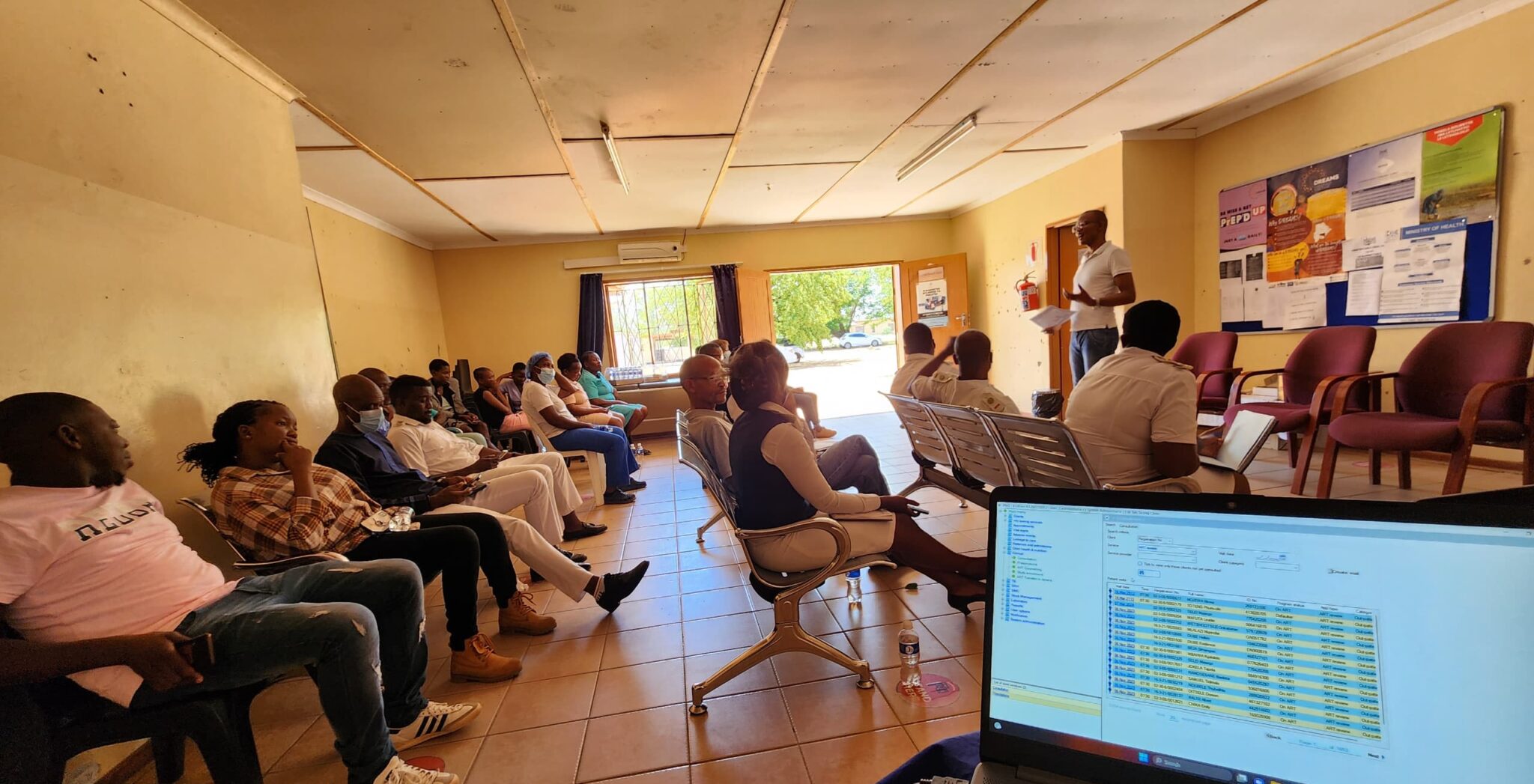About Us
Intercare is an Implementation health research Study based at University of Botswana under the Faculty of Internal Medicine Department lead by Professor Mosepele Mosepele as the studies Principal Investigator.
Being the first project of its kind in Botswana, if successful, InterCARE protocols will be rolled out to health facilities nationwide to diagnose, treat, track, and support the estimated 25-30% Batswana with hypertension.
Our mission is to provide innovative solutions to improve healthcare outcomes in Botswana.
Our team of experts is dedicated to conducting cutting-edge clinical research, analyzing data, and developing evidence-based strategies to intergrate hypertension care into already existing HIV care.

About The Study
People living with HIV (PLWHIV) are twice as likely to develop cardiovascular (CVD) disease. Almost 1 in 4 PLWHIV in Botswana have hypertension (HTN), making it one of the leading CVD risk factors in this population. In the BCPP sub-study, only 46% of PLWHIV were aware of their hypertension, and 42% of those aware were on treatment—with 44% of those on medication attaining blood pressure control, resulting in only 19% of all hypertensive PLWHIV having attained blood pressure control. These gaps occur despite national guidelines recommendations, free universal healthcare, availability of needed medications, and approaches which can improve quality, including training, coaching, and the use of electronic health records (EHR) reminders.
Implementation research is urgently needed to develop more effective strategies to improve the uptake of established effective hypertension and CVD risk factor (CVDRF) management interventions among PLWHIV in Botswana and other LMICs. We propose the adaptation and testing of strategies to effectively integrate evidence-based interventions (EBI) into HIV care to improve the hypertension cascade of care (awareness, diagnosis, treatment, control) and general CVD risk factor knowledge, diagnosis and treatment using a late-stage T4 implementation research hybrid type 2 study design.
continue reading….

